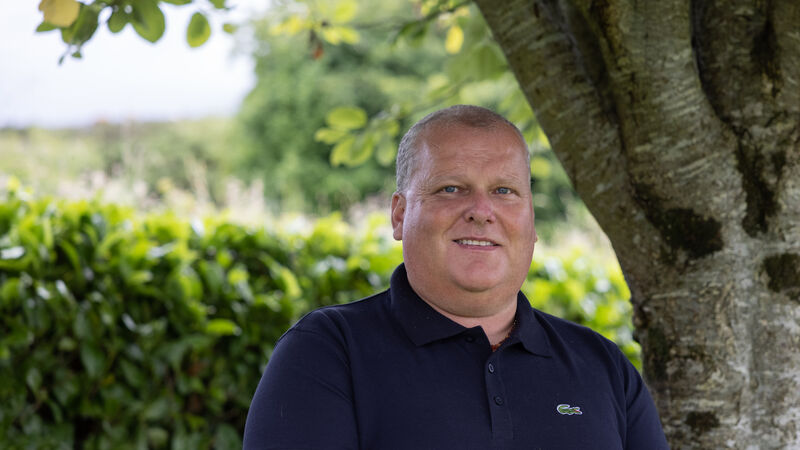'I was gobsmacked, I thought it was all over': My prostate cancer diagnosis

Ray Finnerty: The biggest shock was not having any symptoms— and then for the cancer to be so aggressive. Picture: Karen Cox
The morning Ray Finnerty arrived for a biopsy at the rapid prostate clinic in Galway, he found five other men waiting for the same procedure.











